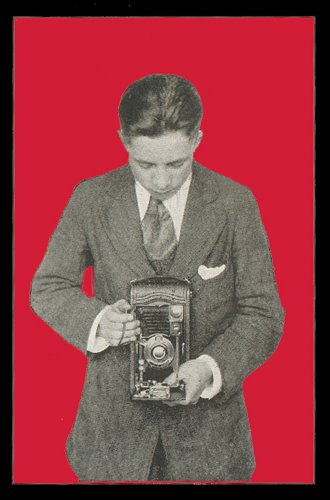Radio Free Song Club

For the past year and a half, I've been hanging out with some of my friends about once a month to record a podcast called the Radio Free Song Club. I'm there as a photographer, but the others assembled are songwriters, musicians, sound engineers and visiting guests. It's hosted by Nick Hill (formerly of the Music Faucet on WFMU) and singer-songwriter Kate Jacobs. Dave Schramm is the bandleader, and is joined by a semi-rotating band known as The Radio Free All Stars, which includes David Mansfield, JD Foster, Jeremy Chatzky, Doug Wieselman, Andy Burton, Paul Moschella, Ted Reichman, Anton Fier and many others.
The concept of the show is that the club members-- which include (among others) Freedy Johnston, Jody Harris, Laura Cantrell, Peter Blegvad, Wreckless Eric & Amy Rigby, Peter Holsapple, Victoria Williams, Kate Jacobs, and Dave Schramm--contribute a newly written song each month. Sometimes they do and sometimes they don't, but the results are always interesting. Some come as finished masters sent by email from across the sea or out on the road. Others come as demos which are then dubbed live by the all-stars in the studio. On one episode, the band played live with Victoria via Skype. Peter Holsapple has released a CD of new material comprised entirely of songs written for the show.
There have been numerous guests as well as live performances by the club members on each show, including Syd Straw, Beth Orton, Ronee Blakley, Bob Neuwirth, Mary Lee Kortes, Lianne Smith, Susan Cowsill, Glen Hansard, Alana Amram, Steve Wynn, Katell Keineg, and Michael Hurley.
Everyone involved, including Gary Arnold and Andy Taub, who have offered their studios as well as their services, have worked for free, giving their time and their talent to this labor of love. The shows are available for free and have produced some 150 masters of new songs thus far.
This is top-shelf entertainment, folks.
So, the Radio Free Song Club has launched a Kickstarter campaign to raise money for incidental costs in producing this fine show.
Won't you please consider sending a donation? This project will only be funded if at least $5,555 is pledged by Thursday Jun 23, 11:58am EDT. We are most of the way there, and every little bit helps.
In the meantime, here's a few of the songs from the show, including Victoria Williams's version of Townes Van Zandt's "Buckskin Stallion," recorded for the last show, live at The Living Room in New York City, in tribute to her recently deceased horse, and for now, only available here.
Download:
"Do You Remember That?" mp3
by Wreckless Eric and Amy Rigby, 2010.
from Radio Free Song Club: No. 007 Double Issue
"Buckskin Stallion" mp3
by Victoria Williams, 2011.
from Radio Free Song Club: Sweet Sixteen Tons
(coming in August)
"Cote d'Azur" mp3
by Peter Blegvad, 2010.
from Radio Free Song Club: Third One Now
"Letters She Sent" mp3
by Laura Cantrell, 2010.
from Radio Free Song Club: If 9 Was 6
"Don't Call Me Pete" mp3
by Peter Holsapple, 2010.
from Radio Free Song Club: Third One Now
"A Little Bit of Something Wrong" mp3
by Freedy Johnston, 2010.
from Radio Free Song Club: Second Number
"Mister Control" mp3
by Jody Harris, 2010.
from Radio Free Song Club: First Issue
********
Visit the Radio Free Song Club on the web: HERE
on Facebook: HERE
and at Kickstarter: HERE
video by Tony Cenicola:
all photographs © Ted Barron, 2011.










